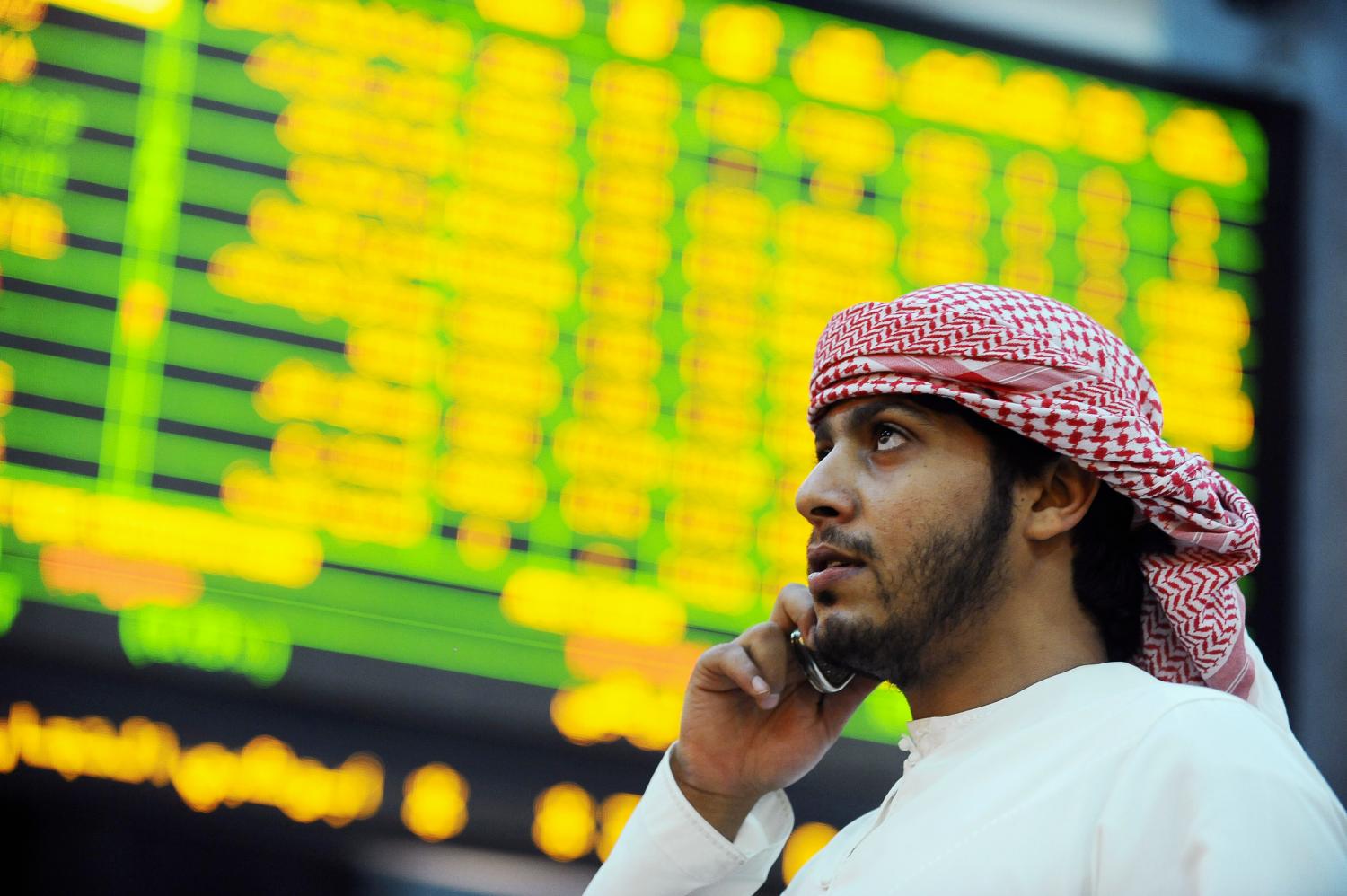The causes and determinants of the political
revolutions sweeping the Arab world are still too
complex and nascent to explain with the
definitiveness of an academic analysis. Yet there is
an overwhelming belief that economic factors are a
key part of the larger puzzle of the events of the
Arab Spring. In many transition countries, the Arab
Spring was not instigated by the poor underclass of
the Arab world; instead, it was the educated,
unemployed, disenfranchised, and likely lower
middle class youth of the region that took to the
internet and the streets to protest. The Arab Spring
started in countries that had economic growth and
were leading economic reformers: Tunisia, Egypt,
Libya, and even Syria were ‘successfully
liberalizing’ their economies, according to the World
Bank, the IMF, and rating agencies. But the
revolutions hit these same countries where the elite
did not distribute the economic growth to the
masses at a pace that met the rising expectations
of the educated youth. Undoubtedly, other factors
have included autocratic governments and abuses
by policy and security forces. Nevertheless, a key
factor to understanding the revolutions is to
understand the underlying economic factors of the
Arab Spring.
What does this Arab Spring’s economic
determinants say to foreign investors who want to
invest in the Arab world? Undoubtedly, the non-oil
producing Arab world needs foreign investment to
provide technological know-how and innovation in
short-supply throughout the region’s production
value-chains and energy facilities. Doing so would
create labour-intensive jobs, augment the technical
and post-secondary education sector, and lead to
investment in infrastructural development projects
needed in meeting urbanization challenges such as
transportation, housing, food security, and sewage
systems. There is simply not enough domestic
capital and know-how to generate the kinds of
employment and productive capacity needed to
meet the needs of many Arab people that live in
non-oil producing countries. Foreign investment is
needed to the produce the kinds of economic
growth sought by many job-seeking Arabs, but not
all foreign investment is created equal. The lesson
for businesses who have a longstanding presence
in the Arab world is to invest in increasing the
productive capacity of the Arab world. There is
immense opportunity with an educated and eager
workforce ready to become a powerful force of
consumers and producers in the global economy.
While the region is in a period of difficult transition,
there is reason to be hopeful and optimistic that the
Arab Spring will lead to progress. The Arab Middle
East is soon going to experience a demographic
dividend: economic growth due to its educated,
youthful population, coupled with declining fertility
rates. The challenge for policymakers will be to
ensure that this is productive economic growth and
to not repeat errors of past mal-investments into
non-productive sectors.



